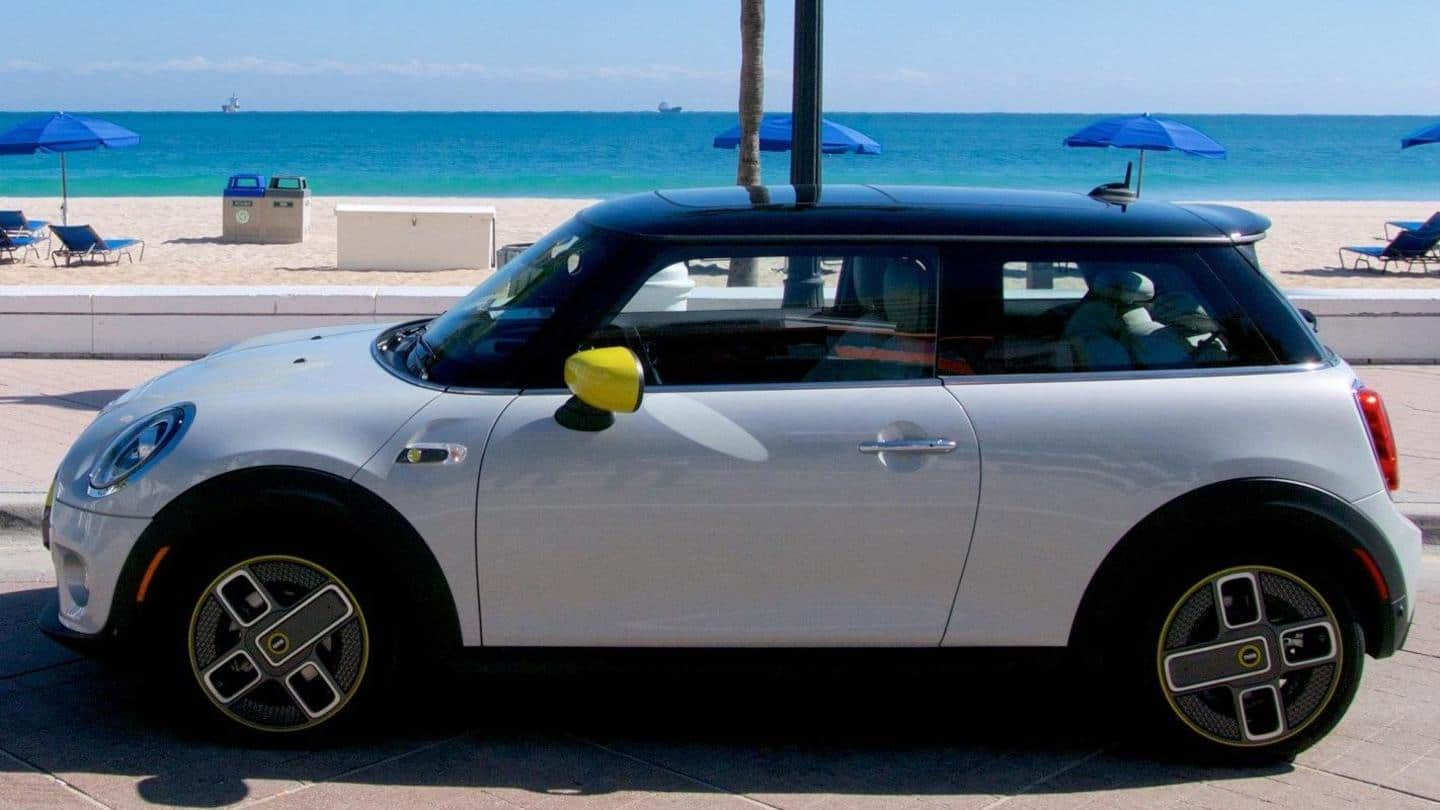
MINI aims to be a fully-electric brand by 2030
What's the story
BMW-owned luxury brand MINI will reportedly stop selling petrol-powered cars by 2030. It also aims to launch its last fuel-guzzling model in 2025 and have at least 50% electric vehicles in its portfolio by 2027. The official roadmap shall be presented next week. The plan would make MINI the first brand in BMW Group to go all-electric. Here are more details.
Advantage
Small number of models will aid in faster electric adoption
It is easier for MINI to become an all-electric brand as it sells only a few models. Currently, it offers Clubman, Cooper, Countryman, and their multiple convertible options. The brand manufactures only one electric vehicle called the MINI Cooper SE. However, the company plans to create an electric crossover in the coming months and has already showcased a concept autonomous electric van.
Mixed signals
BMW's stance on complete EV adoption uncertain
BMW Group has not announced whether it would go fully-electric by 2030. It may keep selling fuel-guzzling cars in China and EVs back home. A decade ago, the company was a market leader in EVs, producing the original MINI E in 2009. This was followed by the ActiveE and finally, the brand's first electric vehicle built from scratch called the BMW i3.
Teething troubles
Only two electric cars launched since 2018
After the i3 came out in 2013, BMW's progress in EV manufacturing was stalled for many years. In 2018, the brand promised to introduce 12 fully-electric models by 2025. However, in the past three years, only two EVs have been released by the company. They include the MINI Cooper SE and the BMW iX3 from last year.
Timeline
These countries are banning non-EVs in the coming years
To note, Germany is planning to end sales of petrol-powered vehicles by 2030, while the UK, home to the MINI brand, has moved up its petrol car ban from 2035 to 2030. BMW's largest market China has announced a ban on non-hybrid vehicles from 2035. However, it would still permit half of the new cars there to run on petrol as conventional hybrids.
Switching gears
These companies will also go fully-electric
Notably, other automakers have also taken steps toward going fully-electric. While Daimler stopped research and development in internal combustion in 2019, Jaguar has decided to go fully-electric by 2025. Volvo recently announced that it aims to stop manufacturing vehicles with combustion engines from 2030. Along these lines, General Motors also plans to manufacture only electric vehicles by 2035.